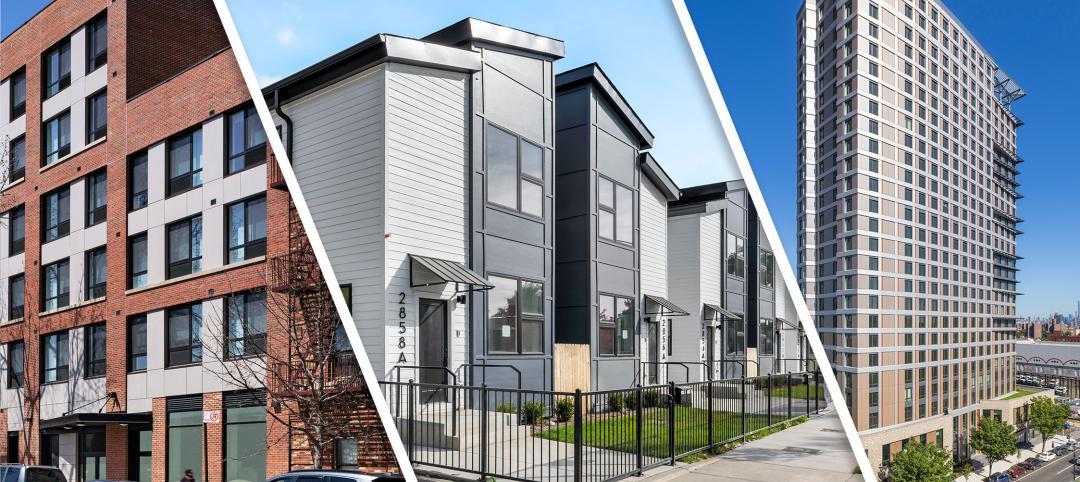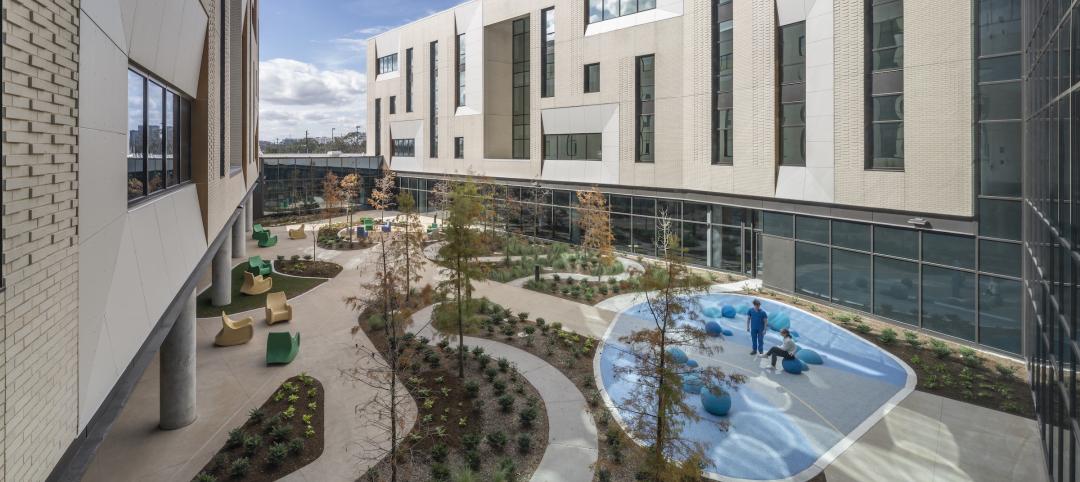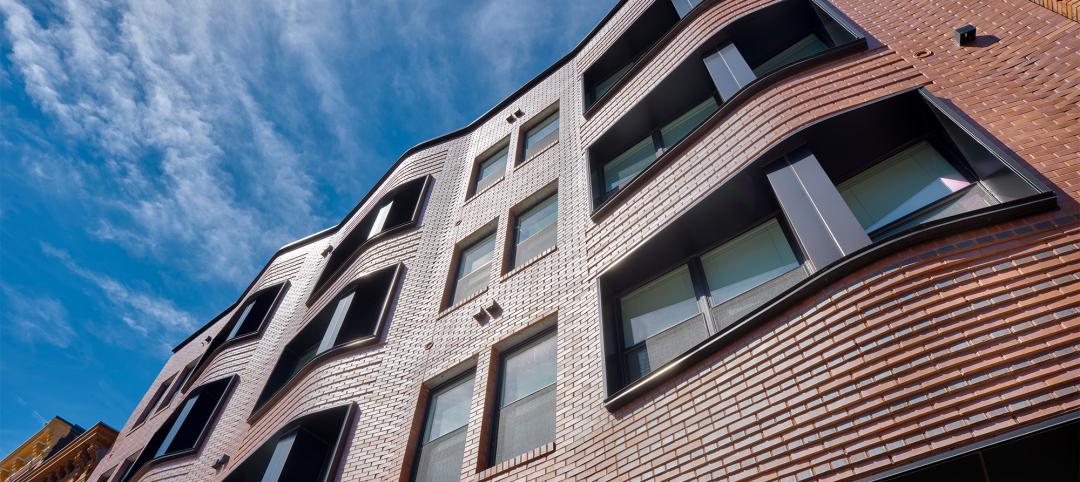A working group of the American Concrete Institute’s (ACI) Committee 131 on Building Information Modeling (BIM) is actively developing an Information Delivery Manual (IDM) for cast-in-place concrete. The IDM will capture in written form the interaction that occurs in the design and construction of concrete structures by identifying the parties involved in information exchange, what information is exchanged and when, based on a typical construction project timeline.
This IDM project is the outcome of ACI’s Strategic Development Council’s (SDC) initiative to focus the concrete industry on developing interoperability standards, and represents the first step in the development of data exchanges into the buildingSMART’s Industry Foundation Classes (IFC). IFC is an open and neutral data exchange format that covers construction information related to procurement, design, construction, and operations. IFCs will allow project information to be entered once, and then to be available and usable by every project team member across any software platform. The improved communication, coordination, and collaboration afforded by BIM implementation have already been shown to save time and money in projects.
A $60,000 grant from the Charles Pankow Foundation accounts for the majority of the $90,000 funding for this IDM project. Remaining funding is provided by Bechtel, Tekla, Bentley, Applied Systems Associates (aSa), RMC Research & Education Foundation, CRSI Education & Research Foundation, ASCC Foundation, Post Tensioning Institute, and two of the ACI Foundation’s Councils – the Concrete Research Council (CRC) and the Strategic Development Council (SDC).
A team from Georgia Technological University’s Digital Building Laboratory headed by Professor Chuck Eastman will assist the ACI IDM working group. The group’s first meeting took place during December of 2011 in Atlanta and its expected to complete the IDM by the end of 2012. The next meeting will be held in conjunction with the ACI Spring 2012 Convention in Dallas, Texas. BD+C
Related Stories
Multifamily Housing | Mar 14, 2023
Multifamily housing rent rates remain flat in February 2023
Multifamily housing asking rents remained the same for a second straight month in February 2023, at a national average rate of $1,702, according to the new National Multifamily Report from Yardi Matrix. As the economy continues to adjust in the post-pandemic period, year-over-year growth continued its ongoing decline.
Affordable Housing | Mar 14, 2023
3 affordable housing projects that overcame building obstacles
These three developments faced certain obstacles during their building processes—from surrounding noise suppression to construction methodology.
Healthcare Facilities | Mar 13, 2023
Next-gen behavioral health facilities use design innovation as part of the treatment
An exponential increase in mental illness incidences triggers new behavioral health facilities whose design is part of the treatment.
Student Housing | Mar 13, 2023
University of Oklahoma, Missouri S&T add storm-safe spaces in student housing buildings for tornado protection
More universities are incorporating reinforced rooms in student housing designs to provide an extra layer of protection for students. Storm shelters have been included in recent KWK Architects-designed university projects in the Great Plains where there is a high incidence of tornadoes. Projects include Headington and Dunham Residential Colleges at the University of Oklahoma and the University Commons residential complex at Missouri S&T.
Mixed-Use | Mar 11, 2023
Austin mixed-use development will provide two million sf of office, retail, and residential space
In Austin, Texas, the seven-building East Riverside Gateway complex will provide a mixed-use community next to the city’s planned Blue Line light rail, which will connect the Austin Bergstrom International Airport with downtown Austin. Planned and designed by Steinberg Hart, the development will include over 2 million sf of office, retail, and residential space, as well as amenities, such as a large park, that are intended to draw tech workers and young families.
Performing Arts Centers | Mar 9, 2023
Two performing arts centers expand New York’s cultural cachet
A performing arts center under construction and the adaptive reuse for another center emphasize flexibility.
Architects | Mar 9, 2023
HLW achieves Just 2.0 label for equity and social justice
Global architecture, design, and planning firm HLW has achieved The International Living Future Institute’s (ILFI) Just 2.0 Label. The label was developed for organizations to evaluate themselves through a social justice and equity lens.
Architects | Mar 9, 2023
A. Eugene (Gene) Kohn, Co-Founder of Kohn Pedersen Fox, dies at 92
A. Eugene (Gene) Kohn, FAIA RIBA JIA, Co-founder of international architecture firm Kohn Pedersen Fox, died today of cancer. He was 92.
Affordable Housing | Mar 8, 2023
7 affordable housing developments built near historic districts, community ties
While some new multifamily developments strive for modernity, others choose to retain historic aesthetics.
Architects | Mar 8, 2023
Is Zoom zapping your zip? Here are two strategies to help creative teams do their best work
Collaborating virtually requires a person to filter out the periphery of their field of vision and focus on the glow of the screen. Zoom fatigue is a well-documented result of our over-reliance on one method of communication to work. We need time for focus work but working in isolation limits creative outcomes and innovations that come from in-person collaboration, write GBBN's Eric Puryear, AIA, and Mandy Woltjer.

















